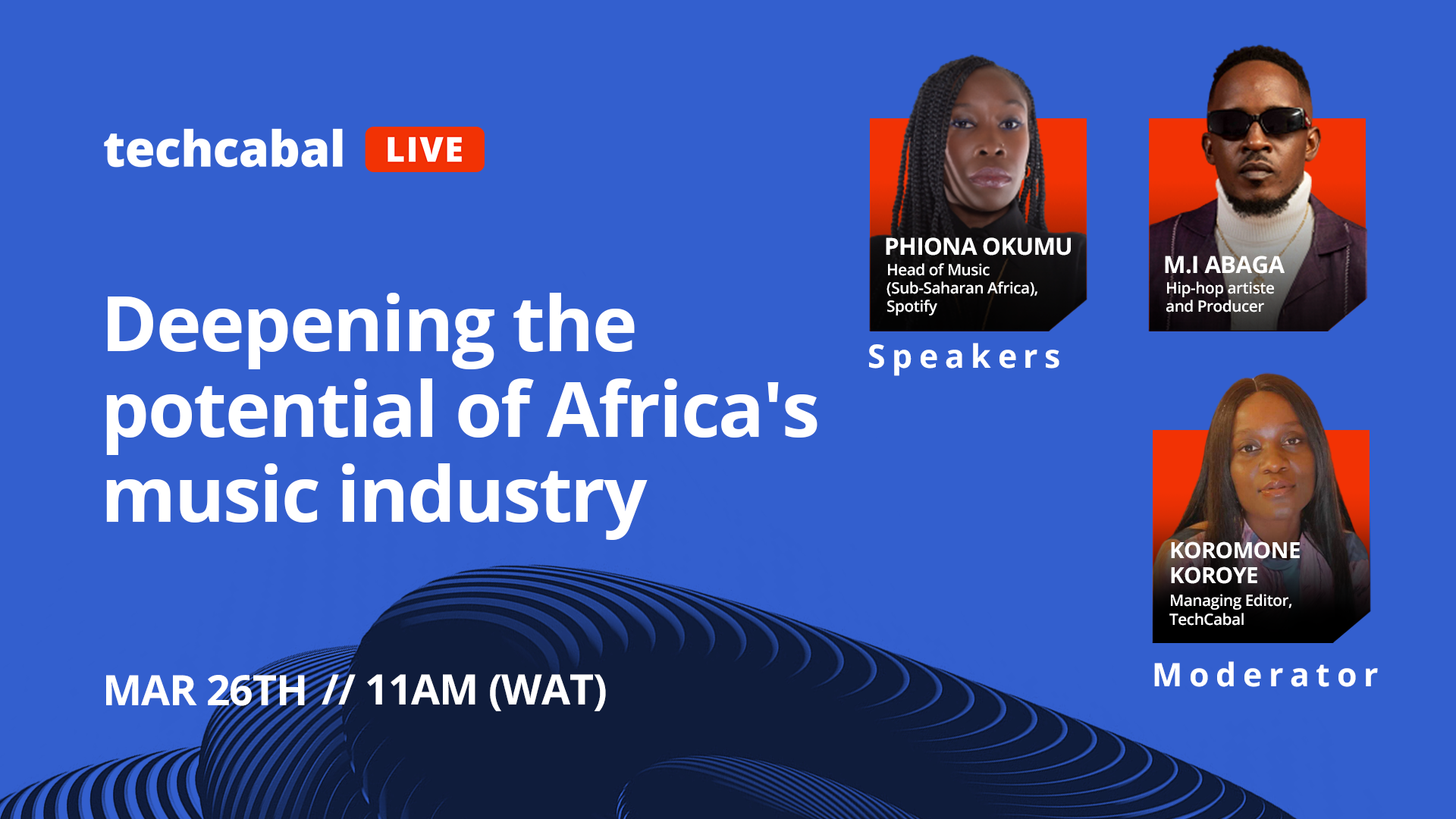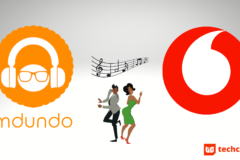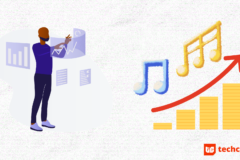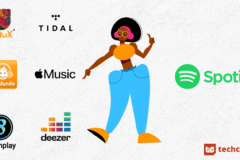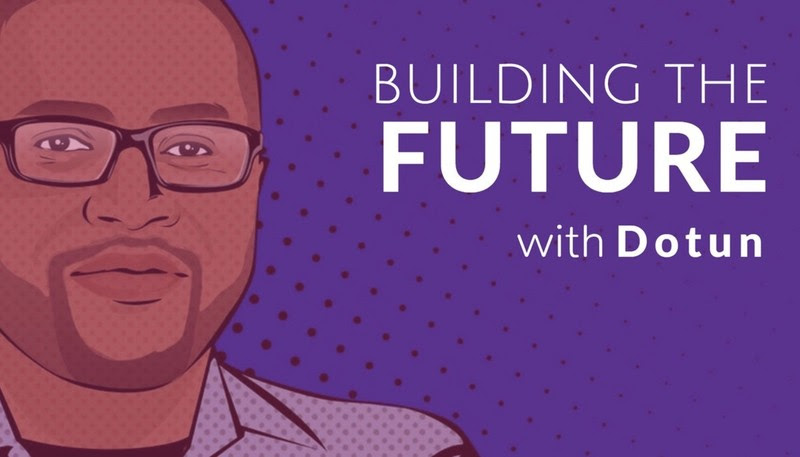On the 26th of March, TechCabal held another edition of TechCabal Live with guests Phiona Okumu, Head of Music Sub-Saharan Africa at Spotify and Nigerian hip-hop legend M.I. Abaga.
The conversation followed Spotify’s recent entry into more markets, and more notably 38 new markets in Africa. It explored the different ways artists can grow in today’s music culture using a variety of innovative tools available to them.
We should pay for music
When asked about what challenges or opportunities Spotify saw in the African market, Okumu first cites the issue of piracy. For years musical acts on the African continent were at the mercy of pirates who would copy their music into CDs and sell them. With a populace that earnestly listens to homegrown music, it has become important to provide African people with the means to pay for the music they enjoy.
“Music got us through a dark year and we should pay for it,” Okumu said.
Spotify also took note of the steep digital divide in Africa that has made it difficult for a lot of people to participate in streaming due to the high cost of data. This is one of the reasons behind their introduction of Spotify Lite – a lightweight Android version of the Spotify app that allows users to enjoy the experience of the Spotify app without having to spend too much on data.
There was also the spike in popularity of African music and the ever-increasing youth population in Africa – a demographic listening to more music and exploring new ways to use that music.
On this note, Abaga also brings up the need for the African governments to step up and abandon their ‘passive attitude’ to the conversation around IP (Intellectual Property) – an area where a lot of African musicians are ‘throwing money away’ due to the lack of structure.
Abaga cites Nigerian act Burna Boy’s recent Grammy win and highlights that a structure that consisted of empowered managers and A&Rs helped to achieve that goal.
So what do artists need to take advantage of?
Data. Okumu mentions the Spotify for Artists app that allows artists to have data on their listeners’ behaviours. A Nigerian music artist is able to know how many times their songs have been streamed in a particular city and with this, they are able to make informed decisions on collaborations – something Abaga highlights as a key to growth for young artists.
Even though there are several charts helping to make data more accessible for artists, a lot of them are not as reliable and Spotify aims to provide musicians with actionable data that makes a difference in the life of the artist.
Abaga highlights that it is important for young African artists to pay attention to the world around them and the innovations in the field. When he is asked about NFTs and what they could mean for the African music space, he mentions that his next passion project, “A Study on Love” will be released as an NFT.
With artists relying less on traditional labels to find success in the streaming era it has become increasingly important to look into the many ways the world of technology can make things easier for them.
You can watch the rest of this informative session here:







